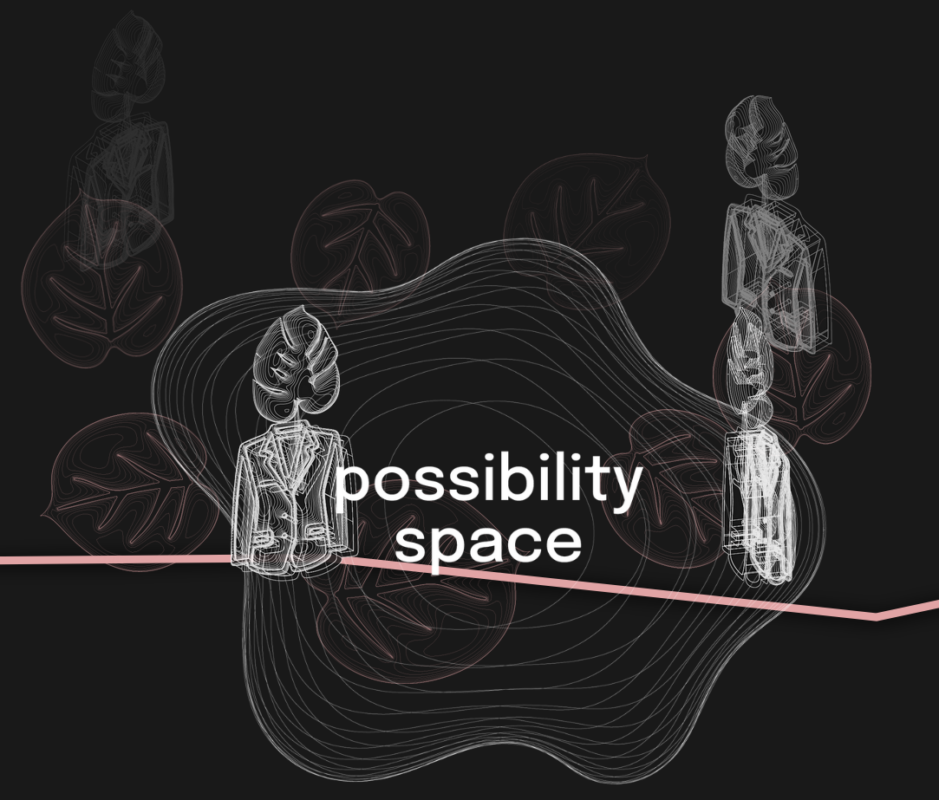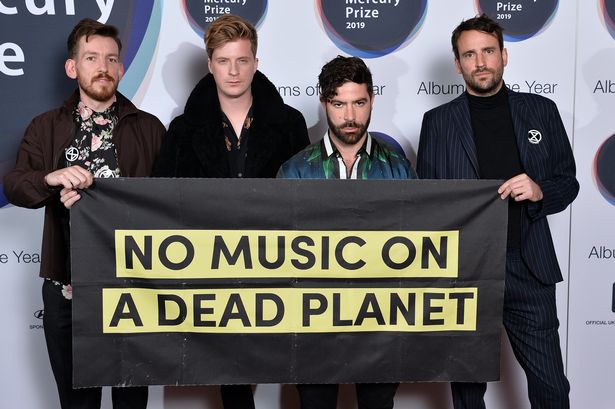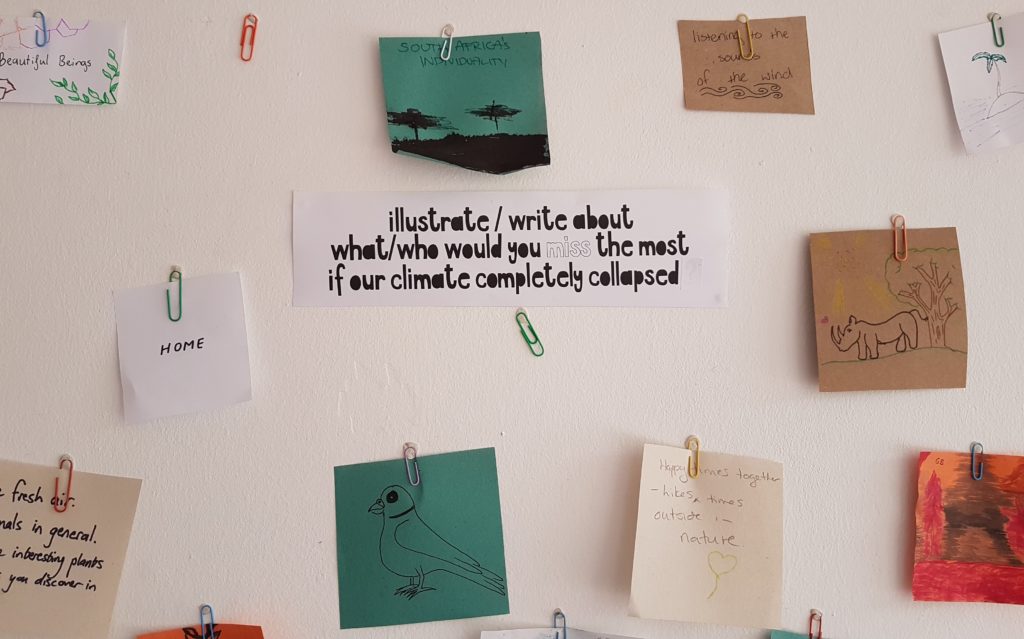
How do we think about climate futures ahead of us? Different actors tend to use different tools for that. The stream of weather catastrophes in the news media suggests a rather gloomy future. Some recent novels try to paint a more optimistic picture of the decades ahead (see our post on this).
International climate politics, for its part, has mainly based visions of the future on IPCC scenarios and model projections. For example, integrated assessment models (IAMs) played an important role in highlighting the feasibility of limiting global warming to 2 or even 1.5 degrees, and thereby led the way to the Paris Agreement. At the same time, this policy ambition came at the expense of modelling huge quantities of negative emission technologies, which again had a strong influence on the climate policy discourse.
Clearly, model-based climate futures are important for climate politics, but it is far from obvious what goes into them and based on which premises they are devised. Lisette van Beek tried to shine some light on fundamental questions about IAMs by teaming up with artists Ekaterina Volkova and Julien Thomas and writing an IAM manual.


